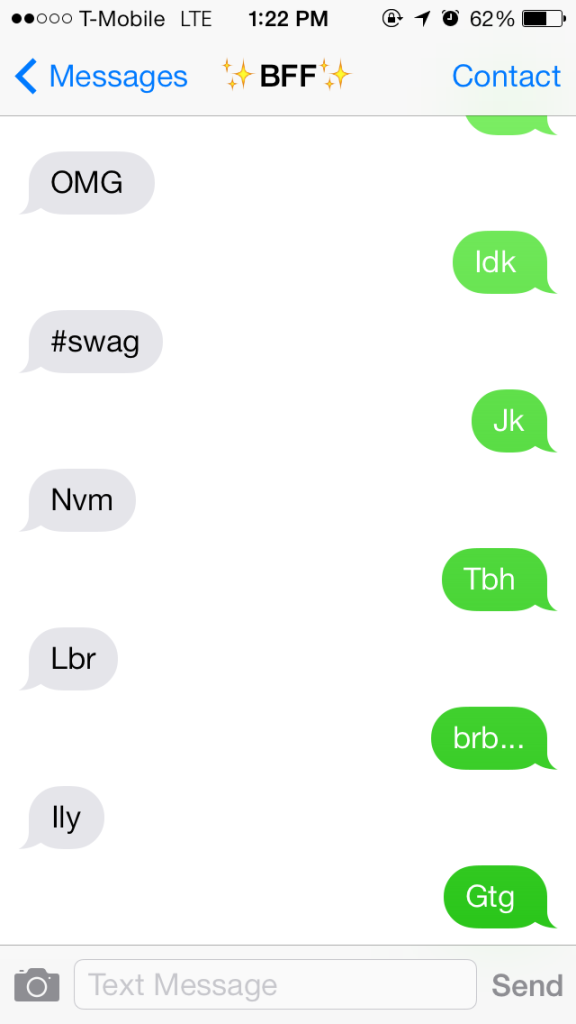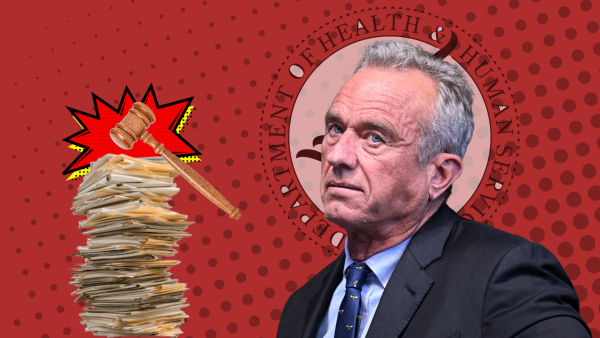#OMG We Can Change The English Language
Attention everyone, it is happening.
Actually, it has been happening throughout the past few years.
Tbh, it is happening now.
Words are another mode of personal expression. Through the ages, words have been changed, made, overused, deleted and labeled “old” as time goes on. There are “popular” words and word-choices that are “in.” Consequently, archaic vocabulary is scorned and faces the penalty of being “out.”
It has come to the age where words are given an age to represent when they are alive and used or when they are dead and forgotten. This false view has had a significant impact on the English dictionary as well as society and should be stopped as soon as possible.
Words like “selfie,” “omg,” “twerk,” “lol,” “emoji,” and “hashtag” are just some of the most recent examples that made their famous trek into the Oxford English Dictionary. Every year, such overused words are accepted as general terms and over time become a part of the American language and culture.
The words listed above are merely an end result of the blending of human improvisation and laziness. Such abbreviations like “laughing out loud” and “oh my god/goodness/gosh” shouldn’t just become a casual new entry in standardized dictionaries. English literature was shaped beautifully and should not be brought low by 3-letter-acronyms that are reflections of mankind’s reluctance to type a few more letters. Srsly, we can do better than that.
In addition, as the creation of words occur, simultaneously destruction happens, too. Words that once had a specific definition now have different meanings due to modern influences. Such examples are “epic” which once meant “a long poem” but now has the implication of “awesome” and “cute,” which still means “attractive in [an] endearing way” but now mainly girls use it to describe clothes and couples, instead of kittens and bunnies.
As the world continues to spiral into the chaotic vortex, I am worried for both the past and future. The past doesn’t seem sedimentary as words are constantly altered and the future seems undecipherable. William Shakespeare once wrote in his famous work Macbeth, “Give sorrow words; the grief that does not speak knits up the o-er wrought heart and bids it break.”
I do hope it’s not necessary to point out the irony in that statement.
Your donation will support the student journalists of McNeil High School. Your contribution will allow us to purchase equipment and cover our annual website hosting costs.











